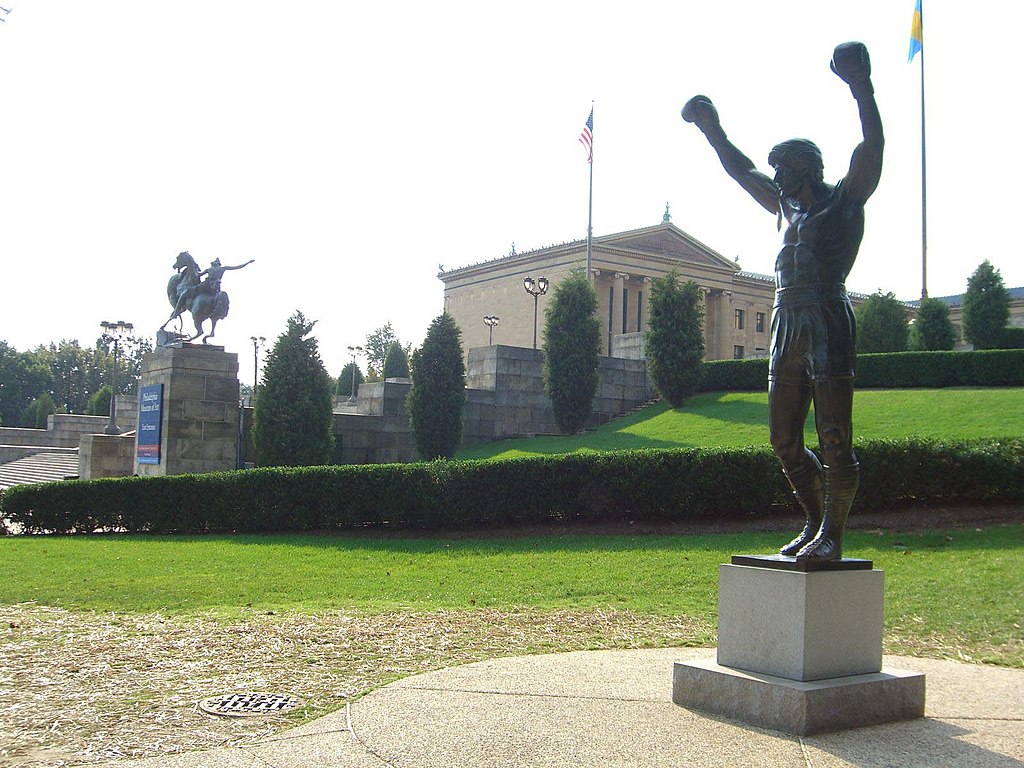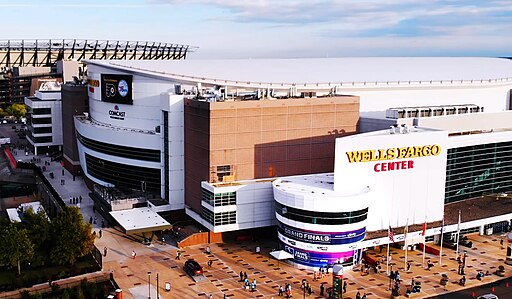No one cheers for its teams quite like Philadelphia. A recent survey from Forbes, of America’s top sports cities put the city as number two in the nation, behind only Boston. Even if we were to accept the idea that Boston loves its teams more than Philadelphia loves theirs (this author does not), Philadelphia certainly has a more colorful history. No story represents this more than Philadelphia fans, at halftime of a miserable amidst an equally miserable season, throwing snowballs onto the field at a performer dressed as Santas Claus.

The story has lingered, in the minds of fans and rivals alike, because it captures so much of what makes “Philly” unique. There is the passion, yes, but also the menace and, at times, the blight. Terry Gilliam said he choose Philadelphia as the shooting location for his dystopian film 12 Monkeys because, “We went to Philadelphia looking for rotting America, It turned out to be the perfect place.” Even though the city’s fortunes have much improved since when that film was shot in the mid-1990s, the rhetoric around it hasn’t. Such is the city’s reputation that, only a few weeks into his first season play with the Phillies, third-baseman Alec Bohm was caught saying, into a hot mic, “I fucking hate this place.”
The question then is: how? How did this city gain a reputation for as a haven for bullies and incivility? After all, it is, more than any other place, the birthplace of the country thanks to Independence Hall hosting both the 2nd Continental Congress and the Constitutional Convention. The city boasts an impressive array of universities, libraries, and hospitals beyond even what Ben Franklin could have dreamed. It’s a top-ten metropolis in terms of size and wealth, and yet all it is ever associated with is lunatic fans (and cheeseteaks).
In truth, the answer lies with the city’s history. Looking through three of its major teams—the Phillies, Flyers, and 76ers—we see the historical inflections points that made the city what it is today. In some ways, it’s a story of missed opportunities and decline. In others, it’s a story of discrimination, corruption, and the social acrimony both beget. But beyond that, it’s also a story of a distinct and proud people not letting anyone tell them they’re not good enough for anything.
Ya Gotta Believe
-Tug McGraw, Phillies pitcher
